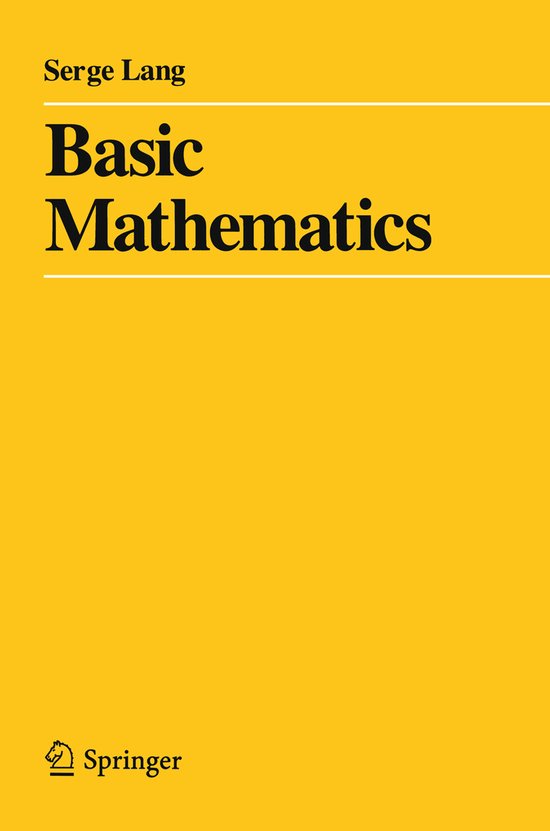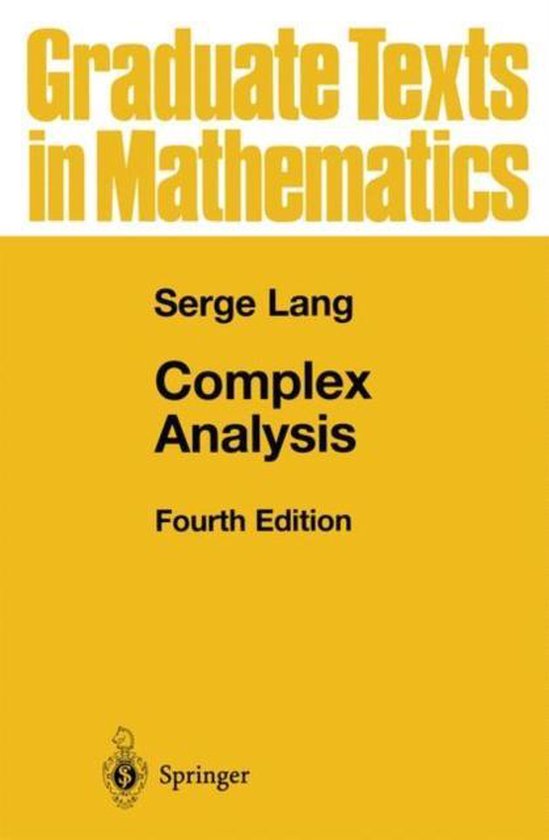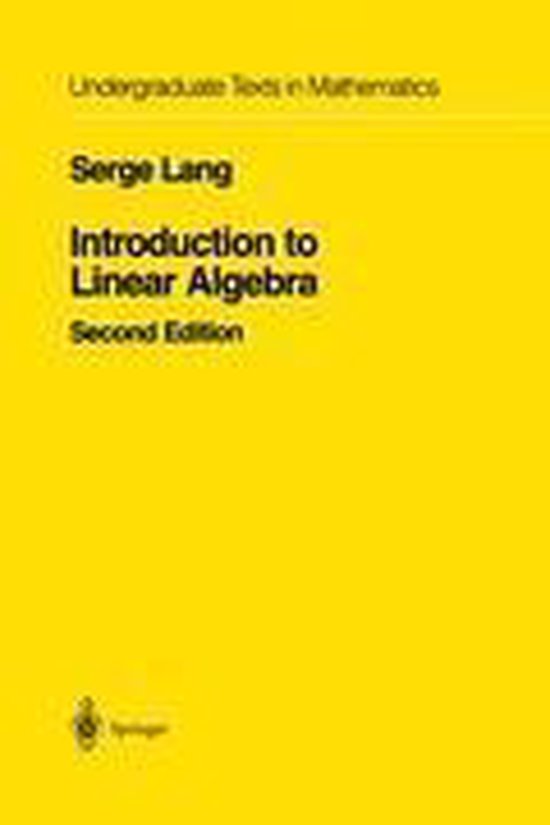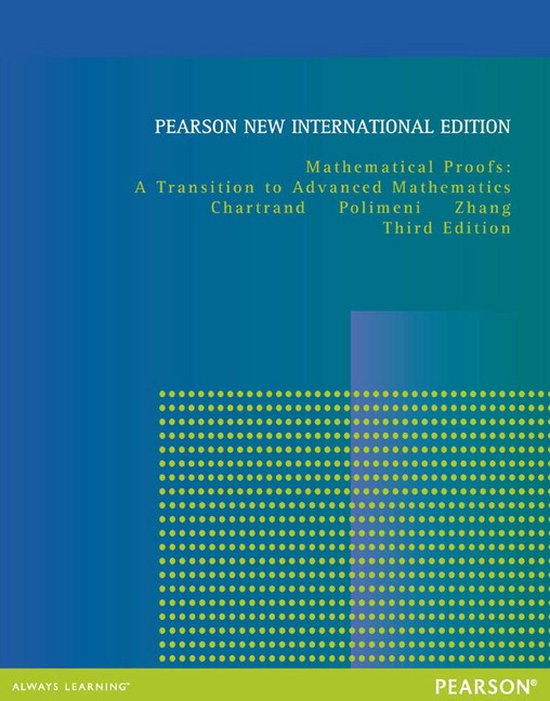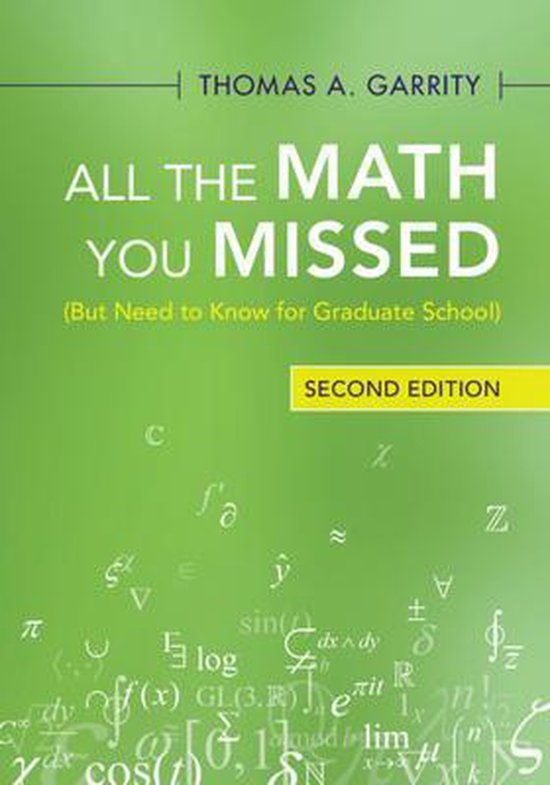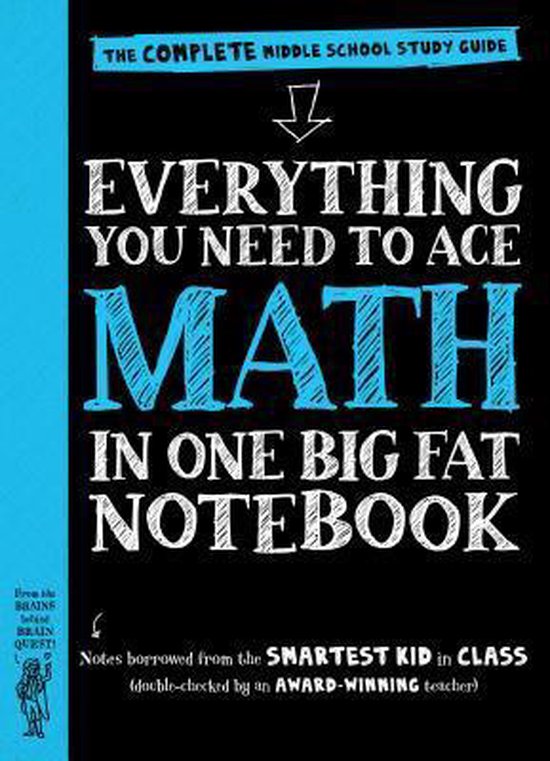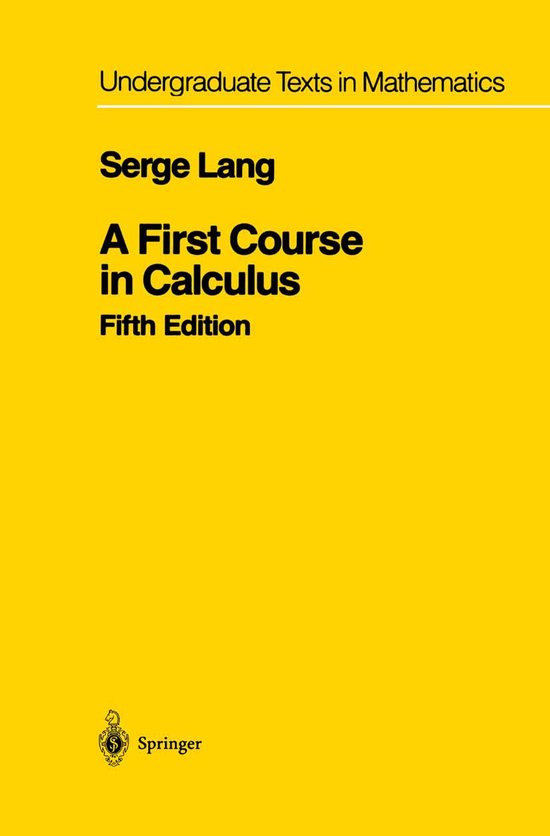
A First Course in Calculus
The purpose of a first course in calculus is to teach the student the basic notions of derivative and integral, and the basic techniques and applica tions which accompany them.
The purpose of a first course in calculus is to teach the student the basic notions of derivative and integral, and the basic techniques and applica tions which accompany them. The very talented students, with an ob vious aptitude for mathematics, will rapidly require a course in functions of one real variable, more or less as it is understood by professional is not primarily addressed to them (although mathematicians. This book I hope they will be able to acquire from it a good introduction at an early age). I have not written this course in the style I would use for an advanced monograph, on sophisticated topics. One writes an advanced monograph for oneself, because one wants to give permanent form to one's vision of some beautiful part of mathematics, not otherwise ac cessible, somewhat in the manner of a composer setting down his sym phony in musical notation. This book is written for the students to give them an immediate, and pleasant, access to the subject. I hope that I have struck a proper com promise, between dwelling too much on special details and not giving enough technical exercises, necessary to acquire the desired familiarity with the subject. In any case, certain routine habits of sophisticated mathematicians are unsuitable for a first course. Rigor. This does not mean that so-called rigor has to be abandoned.
The purpose of a first course in calculus is to teach the student the basic notions of derivative and integral, and the basic techniques and applica tions which accompany them. The very talented students, with an ob vious aptitude for mathematics, will rapidly require a course in functions of one real variable, more or less as it is understood by professional is not primarily addressed to them (although mathematicians. This book I hope they will be able to acquire from it a good introduction at an early age). I have not written this course in the style I would use for an advanced monograph, on sophisticated topics. One writes an advanced monograph for oneself, because one wants to give permanent form to one's vision of some beautiful part of mathematics, not otherwise ac cessible, somewhat in the manner of a composer setting down his sym phony in musical notation. This book is written for the students to give them an immediate, and pleasant, access to the subject. I hope that I have struck a proper com promise, between dwelling too much on special details and not giving enough technical exercises, necessary to acquire the desired familiarity with the subject. In any case, certain routine habits of sophisticated mathematicians are unsuitable for a first course. Rigor. This does not mean that so-called rigor has to be abandoned.
| Auteur | | Serge Lang |
| Taal | | Engels |
| Type | | Hardcover |
| Categorie | | Wetenschap & Natuur |
